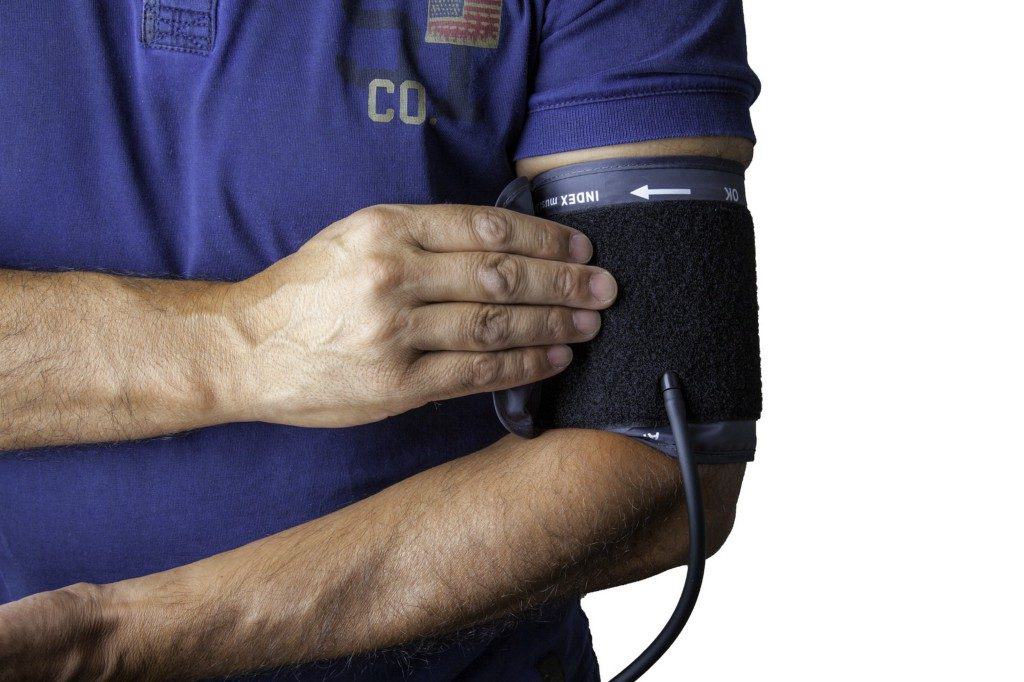
The Diabetes Health Center at Kennedy Health has earned the ADA Education Recognition consistently since 1997

The Diabetes Health Center at Kennedy Health has been awarded the prestigious American Diabetes Association Education Recognition Certificate for quality diabetes self-management education. The recognition, which Kennedy has earned consistently since 1997, acknowledges that the ADA believes this program offers high-quality education, which is an essential component of effective diabetes treatment.
The ADA’s Education Recognition Certificate assures that educational programs meet the national standards for diabetes self-management education programs. Programs such as Kennedy Health’s voluntarily apply for ADA recognition. Programs that achieve recognition status have a staff of knowledgeable health professionals who can provide participants with comprehensive information about diabetes management. Education recognition status is verified by an official certificate from ADA and awarded for four years.
According to the ADA, about 4,658 people are diagnosed each day with diabetes; there are an estimated 29.1 million people, or 9.3 percent of U.S. population, living with the condition. While an estimated 21 million have been diagnosed, unfortunately, 8.1 million people are unaware they have the disease.
Many people first learn that they have diabetes when they are treated for one of its life-threatening complications: heart disease and stroke, kidney disease, blindness, and nerve disease and amputation. Diabetes contributed to 234,051 deaths in 2010, making it the 7th leading cause of death in the U.S. Overall, the risk for death among people with diabetes is about twice that of people of similar age without diabetes.
Kennedy’s Diabetes Health Center, with three locations in southern New Jersey, offers an array of outpatient classes and one-to-one educational sessions, most covered by insurance, that focus on helping those living with diabetes more effectively manage their health.
Services offered include: checking and monitoring your blood sugar levels, designing an individualized meal plan, understanding how exercise can help manage your condition, administering injections and insulin pump training, gestational diabetes education and counseling for expectant mothers, making lifestyle adjustments and helping educate family members on a patient’s health action plan.









